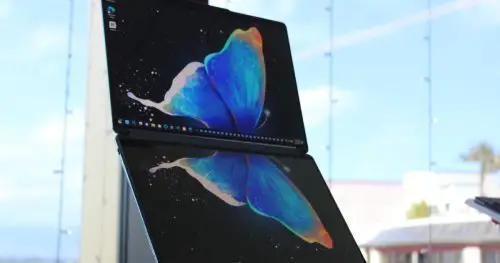NASA astronaut Loral O’Hara and Roscosmos cosmonauts Oleg Kononenko and Nikolai Chub have arrived safely at the International Space Station (ISS) aboard a Russian Soyuz spacecraft.
The trio blasted off from the Baikonur Cosmodrome in Kazakhstan at 11:44 a.m. ET (8:44 a.m. PT) on Friday, September 15, reaching the orbital outpost 250 miles above Earth just three hours later.
After docking and entering the space station through the hatch, the new arrivals were greeted by the seven inhabitants currently aboard the facility. A short while later, the International Space Station’s official social media account posted a photo (below) of the full crew of 10 inhabitants, with O’Hara seen at the far right of the image.
Texas-born O’Hara is on her first orbital mission and will spend the next six months living and working aboard the ISS, while her two Russian colleagues will stay aboard the station for a whole year.
It’s a busy time for the ISS in terms of crew rotation. At the end of last month it welcomed SpaceX’s four Crew-7 astronauts before bidding farewell to the four Crew-6 astronauts. And just over a week from now, NASA astronaut Frank Rubio and cosmonauts Sergey Prokopyev and Dmitri Petelin will return to Earth aboard another Soyuz spacecraft at the end of a stay that will see Rubio set a new record for the length of time spent in orbit by a NASA astronaut at 371 days.
Rubio’s mission was only supposed to last six months but was extended after his Soyuz spacecraft suffered a coolant leak at the end of last year while docked at the space station. Roscosmos deemed the damaged spacecraft too risky for crewed flight, prompting it to reschedule Rubio’s return flight while it organized a replacement capsule.
In fact, O’Hara and her two Russian colleagues were supposed to fly to the station six months ago, but the fallout from the rescheduling saw their mission delayed until now.











